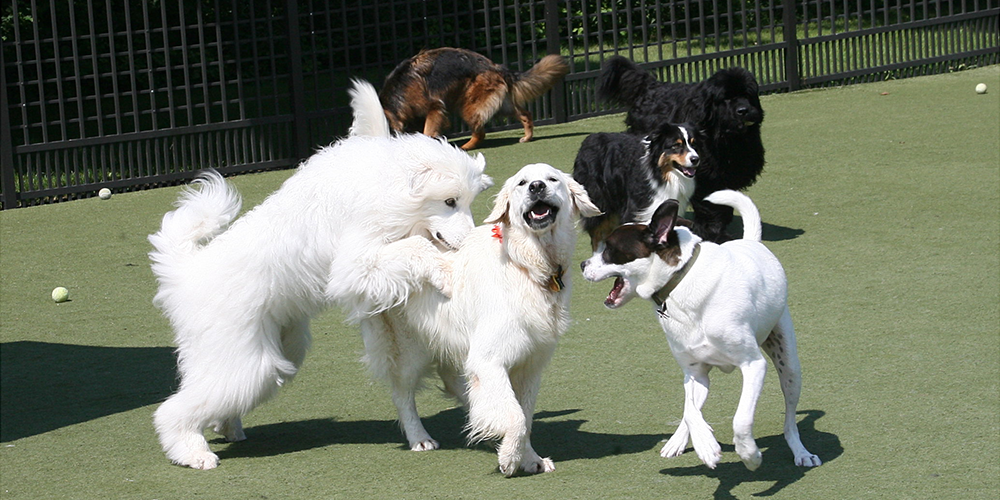Temperament refers to those aspects of personality, such as introversion or extroversion, often regarded as innate rather than learned. -Wikipedia
These innate/inherent traits are the permanent mental and neurological characteristics of a dog that shape an approach to the world; described as naturally occurring and therefore cannot be learned or eliminated. Temperament can however be influenced through behavior training. Another way to look at it is that temperament is like “an artist’s canvas”.
Personality, on the other hand, is developed; affected by socialization, training, and experiences. It can be viewed as “the painting on the canvas”
We are familiar with the 4 basic types of temperament in humans, which certainly seem to apply to the canine world as well: Let’s look at these 4 from a canine perspective, (break to blog) from Lizi Angel, dog behavior psychologist
- Sanguine - traits of stability and extroversion
- Friendly and bold
- Lively
- Responsive
- Focused
- Takes an ‘approach and explore’ attitude
- Enthusiastically plays fetch and tug
- Startles easily but recovers and adapts
- Tolerates close contact and is not possessive of food / things
- Phlegmatic - traits of stability and introversion
- Friendly but passive
- Controlled
- Calm
- Quiet
- Moderately curious about new things
- Willingness to fetch and tug but lacks enthusiasm
- Not easily startled by sudden noise or movement
- Tolerates close contact and is not possessive of food / things
- Melancholy - traits of instability and introversion
- Anxious
- Inhibited
- Helpless
- Shy
- Lacks the ability to problem solve and avoids exploring new things
- Ignores toys, may chase a ball but then walks away, won’t play tug
- Runs or freezes when startled, shows signs of fear, may become defensive if cornered
- Moves away from food or items when approached and allows their removal without objection
- Choleric - traits of instability and extroversion
- Excitable
- Touch sensitive
- Impulsive
- Reactive
- Irritable
- Demanding
- Does not respond well to change and new things
- Intolerant of restraint
- Possessive of toys, all take and no give
- Tendency to bark when startled and may lash out
- Possessive of food and items and will stiffen up and/or threaten anyone who approaches
Temperament is an important factor in resolving a behavior issue. Temperament determines how an individual dog responds to the world, and provides a predictable foundation on which to base a dog’s behavior and training plan.
Here is a good example of temperament and selective breeding:
Extroverted / Dependent or Introverted / Independent
The more independent the dog the less he desires human affection, praise, attention or companionship. The opposite, a dependent dog, craves companionship and attention. A dependent dog can be like Velcro - following you wherever you go, even around your home.
Many breeds have been selectively bred to be independent - to perform tasks detached from people. Think about sled dogs pulling a sled, hounds hunting in packs, and herd-guarding breeds left alone for weeks with only sheep for company. These dogs wouldn't be able to do their jobs if they craved attention from a person.
The independent dog is simply one for whom human attention isn't as highly rewarding. This doesn't mean they can't be trained, or even that they're difficult to train. Training an independent dog is simply a case of finding a reward
more motivating than praise or affection.
Your dog’s behavior is an expression of his temperament traits, and understanding his temperament type is key to how you can influence and shape his behavior ... for the better.
http://liziangel.blogspot.com/2011/09/take-canine-mind-temperament-test.html


